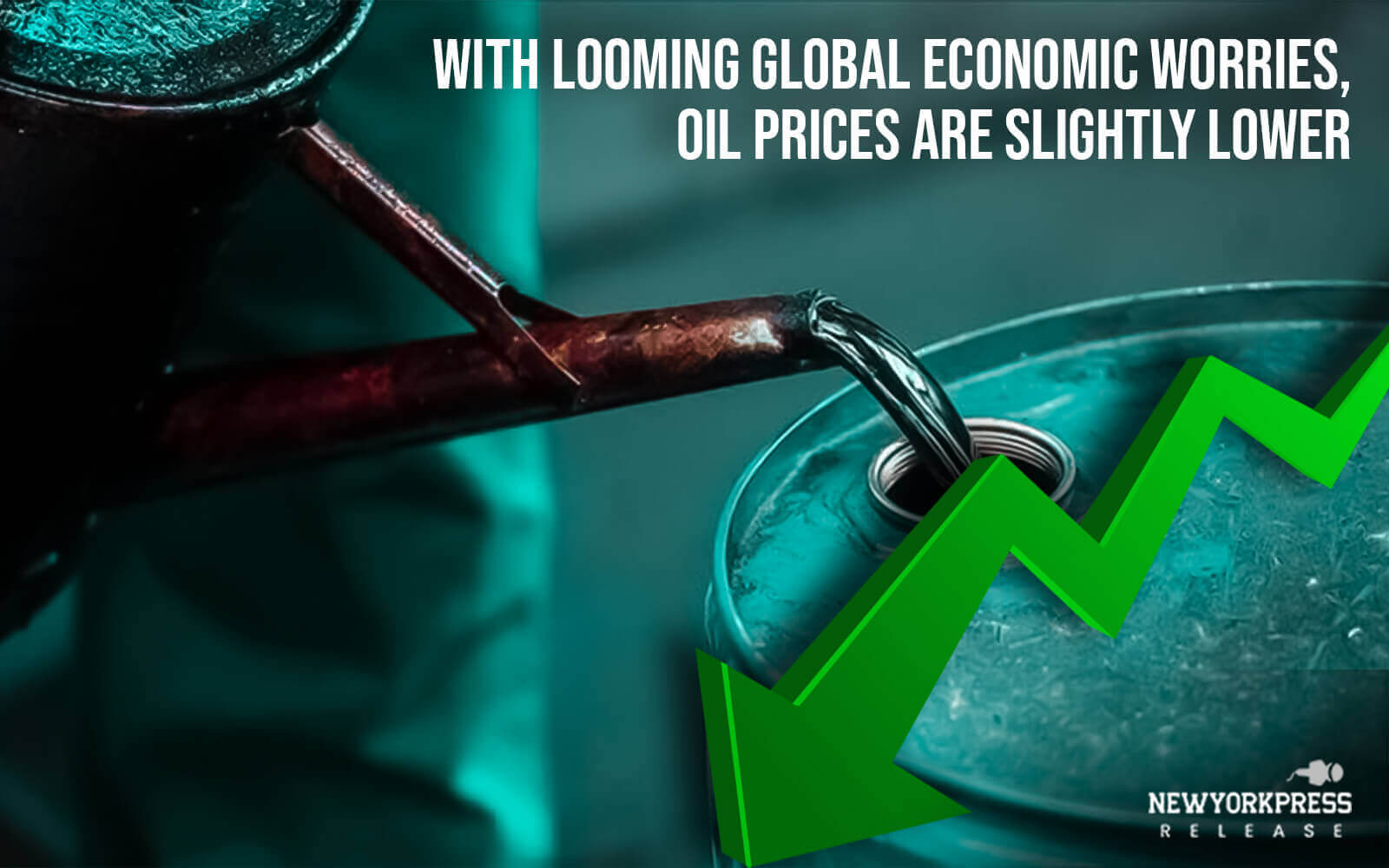Elon Musk has stirred controversy ahead of the 2024 U.S. elections by offering voters up to $1 million daily for signing a political action committee (PAC) petition supporting the U.S. Constitution. This bold move has raised significant legal and ethical questions, with critics concerned about the legitimacy and influence of such financial incentives on voters.
The Controversial Proposal
Musk announced, on his X platform social media site formerly known as Twitter offer through the America PAC, a super PAC supporting Donald Trump’s presidential effort, to incentivize the collection of one million signatures from voters across major key swing states such as Pennsylvania, Georgia, and Arizona. The PAC is set on the protection of constitutional rights, including the First and Second Amendments, which include free speech and the right to bear arms.
Musk has promised to give away a total of $1 million every day through Election Day, pulled via lottery from all who have signed the petition.
The aim is to energize Trump’s base and increase support for constitutional rights. In his post, Musk emphasized the importance of voters supporting “something they already believe in.”
Legal Scrutiny and Ethical Concerns
Many experts are questioning whether this financial incentive is legal under U.S. election laws. Federal campaign finance rules prohibit direct payments to voters in exchange for voting or supporting specific candidates. However, the America PAC claims that its efforts are focused on constitutional advocacy rather than specific electoral outcomes.
Law professors and campaign finance experts have pointed out that offering money in exchange for political engagement can tread a fine line between grassroots mobilization and unlawful voter manipulation. According to legal analyst Richard Hasen, “The idea of paying voters to sign a petition, even if unrelated to a specific vote, raises serious questions about undue influence.”
Pennsylvania Governor Josh Shapiro has called for an investigation into Musk’s giveaway. In a public statement, he said, “We cannot allow billionaires to distort democracy through financial incentives that compromise the integrity of our elections.” Local watchdog groups and election law attorneys have echoed this sentiment, pushing for stricter regulation of PAC activities.
Musk’s Defense
In response to criticism, Musk and his team have defended the legality of the campaign, asserting that the giveaway is meant to support constitutional values rather than influence the outcome of the election directly. “This is about freedom of speech and the Second Amendment,” Musk said in a follow-up post, adding that no conditions are tied to signing the petition beyond a commitment to those values.
Musk’s use of incentives to spur voters to vote is nothing new. In recent times, he has been more politically active, donating millions to pro-Trump groups, including $75 million to the America PAC this year alone.
The Stakes for Voters
That is important because with Pennsylvania being one of the key swing states in this 2024 election, Musk’s offer cuts across those areas that have been known to make or break an election through voter turnout.
In that regard, Pennsylvania has become a theater where even Trump and Vice President Kamala Harris are trying to capture the most turf with heavy investments underway.
Some analysts suggest that Musk’s financial backing of Trump-friendly initiatives could influence not only voter turnout but also the overall political discourse.
Still, many voters remain wary of the implications of such offers. Political analyst Jane Hall remarked, “Financial incentives like these blur the line between political engagement and transactional politics, potentially undermining the principles of democratic participation.”
Final Thoughts
While Musk’s $1 million daily giveaway might fire up his fans, it has also set off a wider debate on money in politics and the future of campaign finance. Legal and ethical issues surrounding Musk’s latest gambit are far from settled, with experts in election law calling for tougher regulation and state officials considering probes.
As Election Day approaches, this issue could serve as a test case for the evolving relationship between wealth, influence, and democracy in the U.S.




